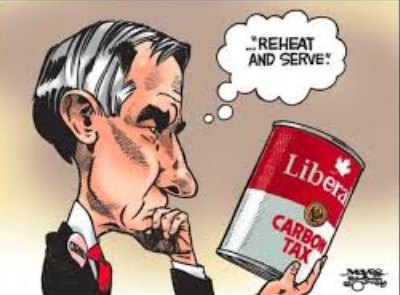“’You’ll own nothing and be happy’? David Webb has gone through the 50-year history of all the legal constructs that have been put in place to technically enable that to happen.”
The derivatives bubble has been estimated to exceed one quadrillion dollars (a quadrillion is 1,000 trillion). The entire GDP of the world is estimated at $105 trillion, or 10% of one quadrillion; and the collective wealth of the world is an estimated $360 trillion.
Initially they were [held by] banks –led by four mega-banks, JP Morgan Chase, Citibank, Goldman Sachs and Bank of America. But according to a 2023 book called The Great Taking by veteran hedge fund manager David Rogers Webb, counterparty risk on all of these bets is ultimately assumed by an entity called the Depository Trust & Clearing Corporation (DTCC), through its nominee Cede & Co.
Cede & Co. is now the owner of record of all of our stocks, bonds, digitized securities, mortgages, and more; and it is seriously under-capitalized, holding capital of only $3.5 billion, clearly not enough to satisfy all the potential derivative claims. Webb thinks this is intentional.
What happens if the DTCC goes bankrupt? Under The Bankruptcy Abuse Prevention and Consumer Protection Act (BAPCPA) of 2005, derivatives have “super-priority” in bankruptcy.
Derivative claimants don’t even need to go through the bankruptcy court but can simply nab the collateral from the bankrupt estate, leaving nothing for the other secured creditors (including state and local governments) or the banks’ unsecured creditors (including us, the depositors). And in this case the “bankrupt estate” – the holdings of the DTCC/Cede & Co. – includes all of our stocks, bonds, digitized securities, mortgages, and more.
It’s all laid out in the Uniform Commercial Code (UCC), tested in precedent, and validated by court rulings. The UCC is a privately-established set of standardized rules for transacting business, which has been ratified by all 50 states and includes key provisions that have been “harmonized” with the laws of other countries in the Western orbit.
https://ellenbrown.com/2023/10/03/the-great-taking-how-they-plan-to-own-it-all/“’You’ll own nothing and be happy’? David Webb has gone through the 50-year history of all the legal constructs that have been put in place to technically enable that to happen.”
The derivatives bubble has been estimated to exceed one quadrillion dollars (a quadrillion is 1,000 trillion). The entire GDP of the world is estimated at $105 trillion, or 10% of one quadrillion; and the collective wealth of the world is an estimated $360 trillion.
Initially they were [held by] banks –led by four mega-banks, JP Morgan Chase, Citibank, Goldman Sachs and Bank of America. But according to a 2023 book called The Great Taking by veteran hedge fund manager David Rogers Webb, counterparty risk on all of these bets is ultimately assumed by an entity called the Depository Trust & Clearing Corporation (DTCC), through its nominee Cede & Co.
Cede & Co. is now the owner of record of all of our stocks, bonds, digitized securities, mortgages, and more; and it is seriously under-capitalized, holding capital of only $3.5 billion, clearly not enough to satisfy all the potential derivative claims. Webb thinks this is intentional.
What happens if the DTCC goes bankrupt? Under The Bankruptcy Abuse Prevention and Consumer Protection Act (BAPCPA) of 2005, derivatives have “super-priority” in bankruptcy.
Derivative claimants don’t even need to go through the bankruptcy court but can simply nab the collateral from the bankrupt estate, leaving nothing for the other secured creditors (including state and local governments) or the banks’ unsecured creditors (including us, the depositors). And in this case the “bankrupt estate” – the holdings of the DTCC/Cede & Co. – includes all of our stocks, bonds, digitized securities, mortgages, and more.
It’s all laid out in the Uniform Commercial Code (UCC), tested in precedent, and validated by court rulings. The UCC is a privately-established set of standardized rules for transacting business, which has been ratified by all 50 states and includes key provisions that have been “harmonized” with the laws of other countries in the Western orbit.
https://ellenbrown.com/2023/10/03/the-great-taking-how-they-plan-to-own-it-all/














